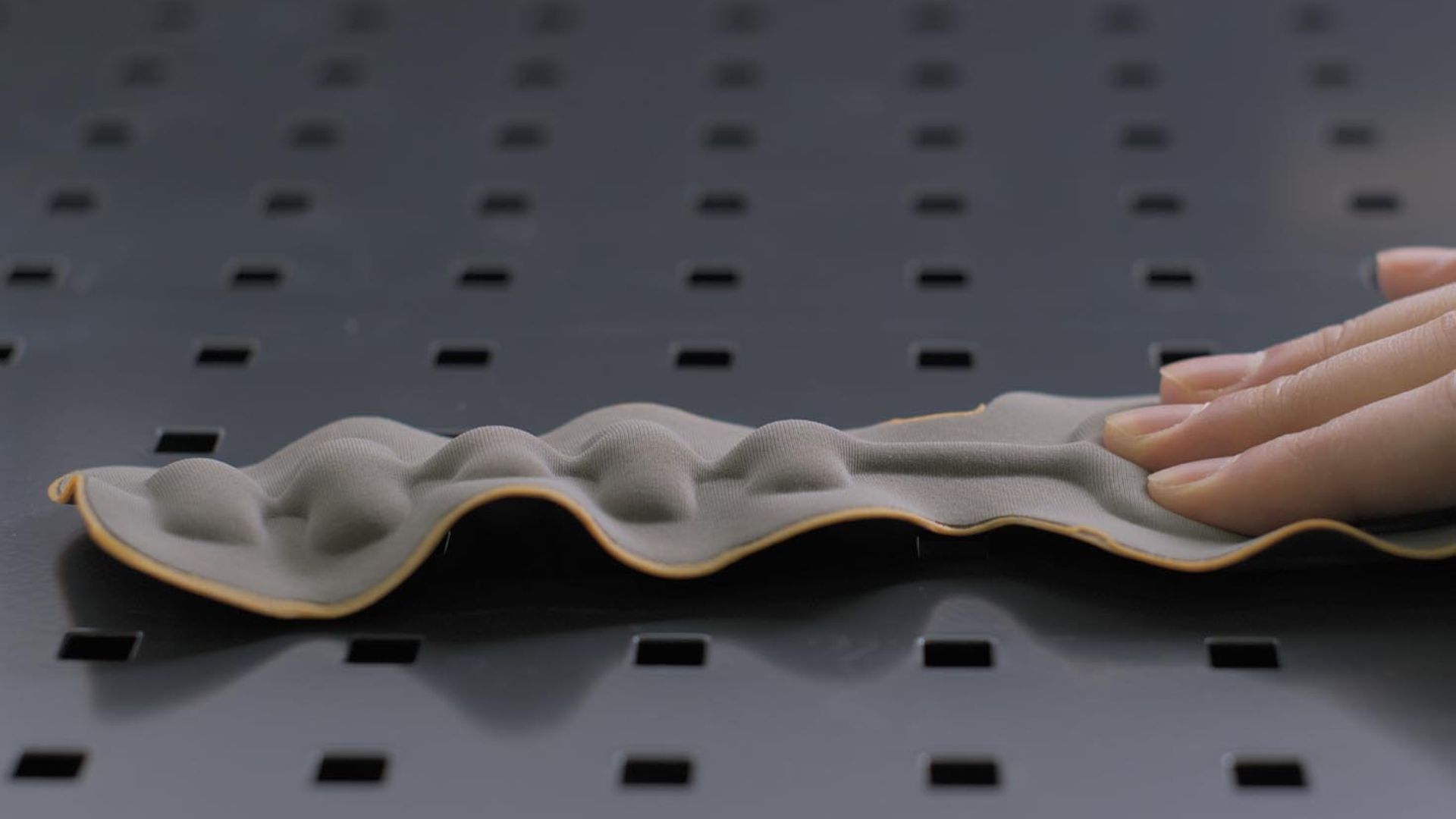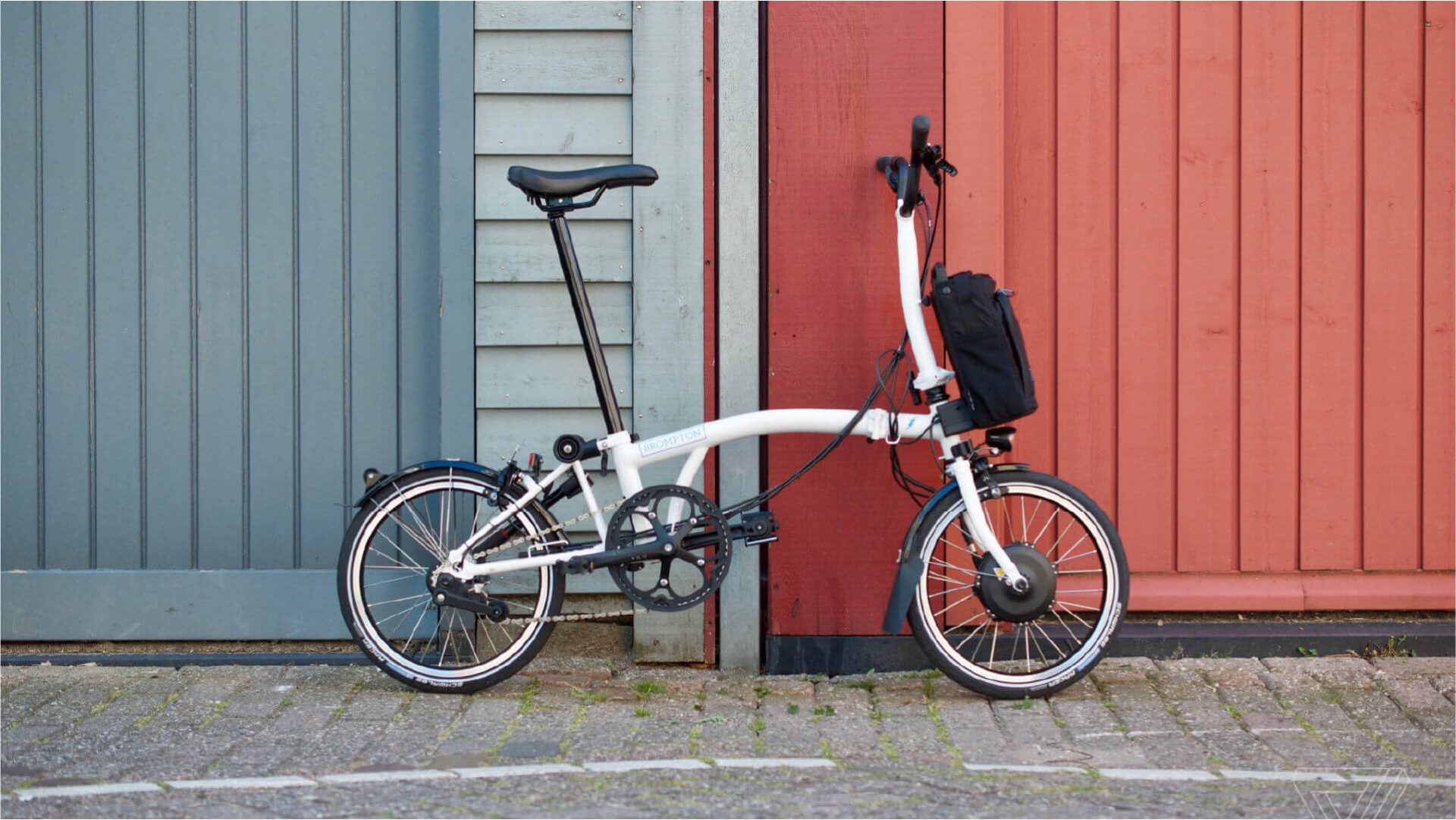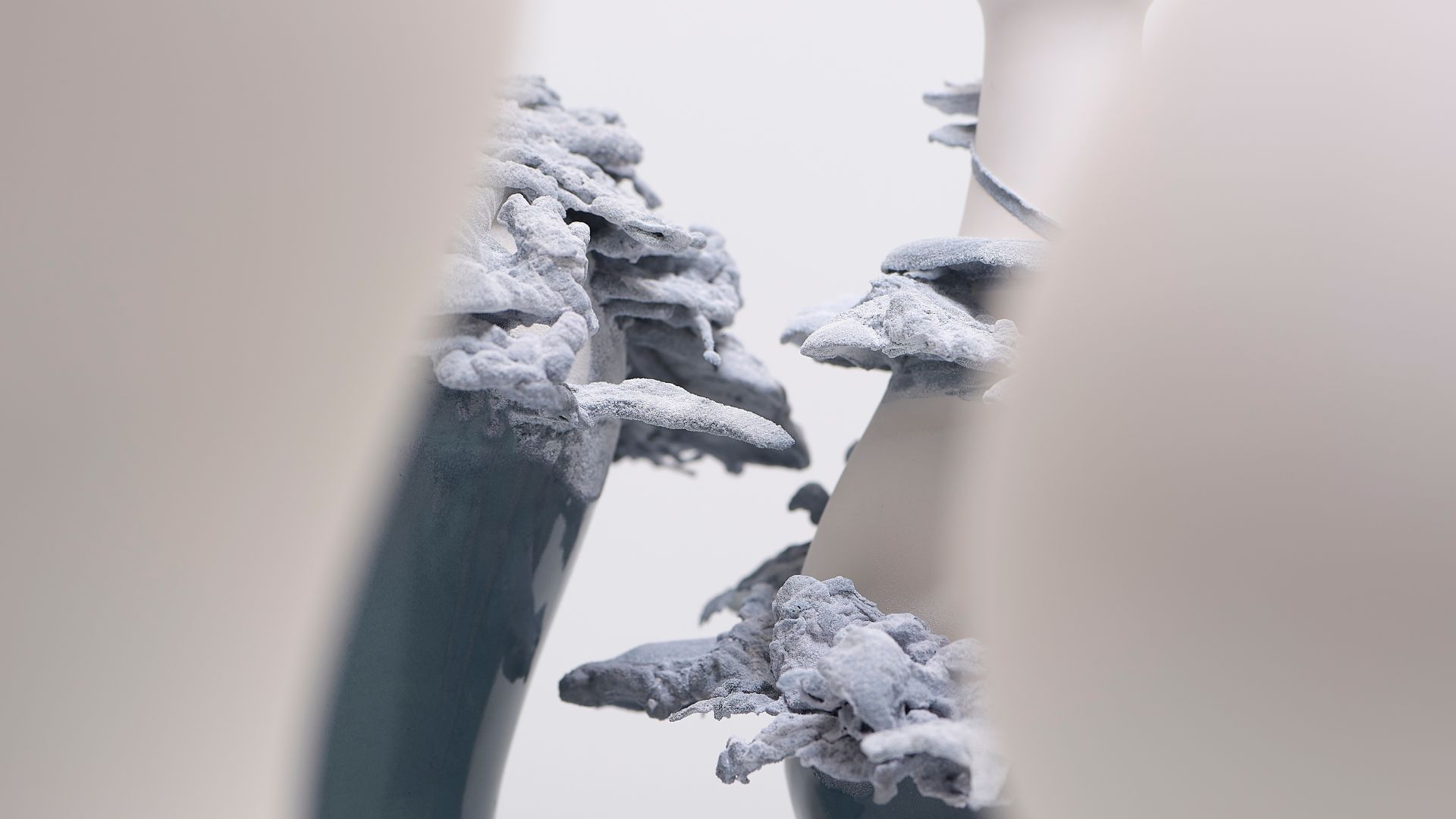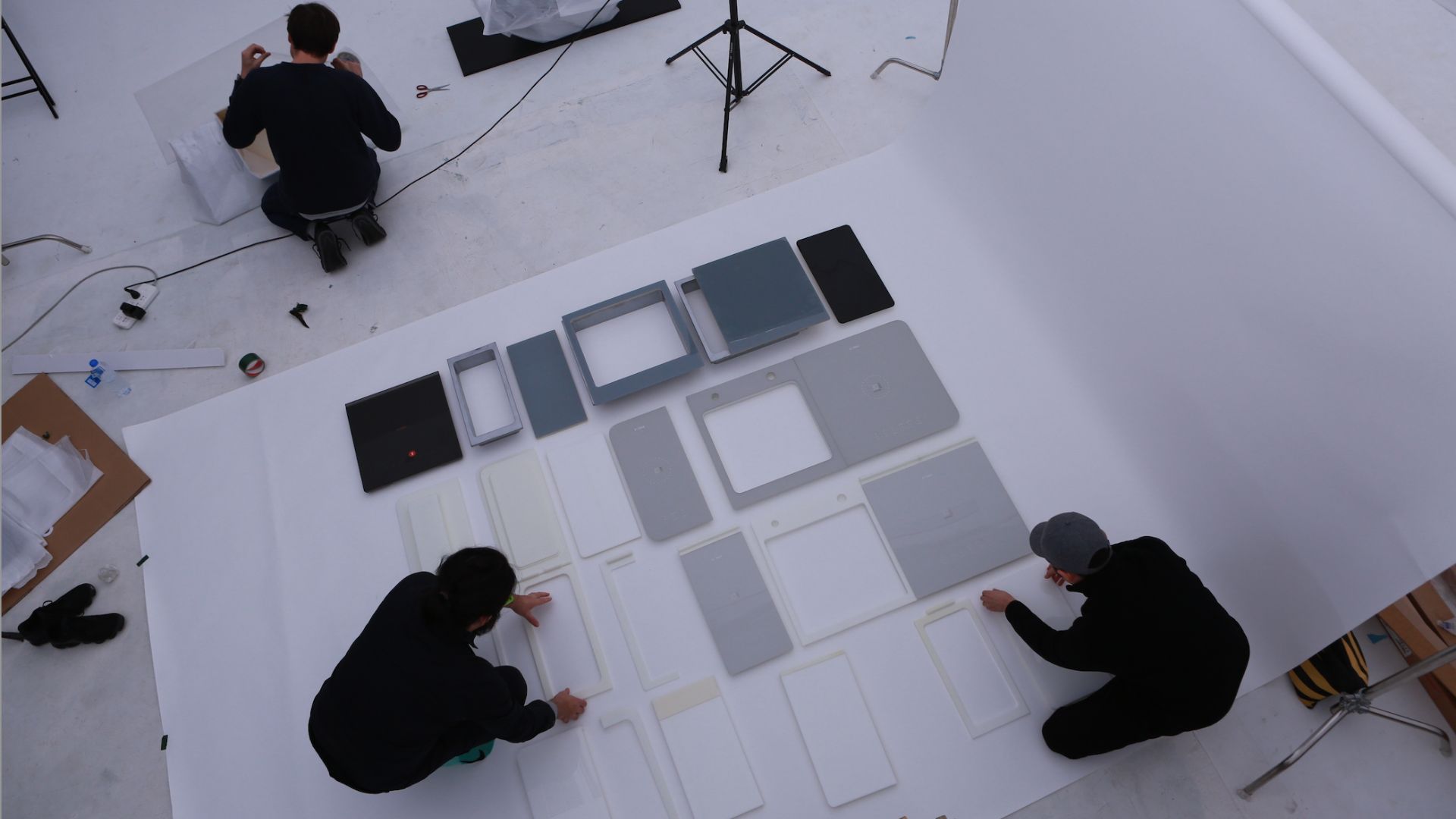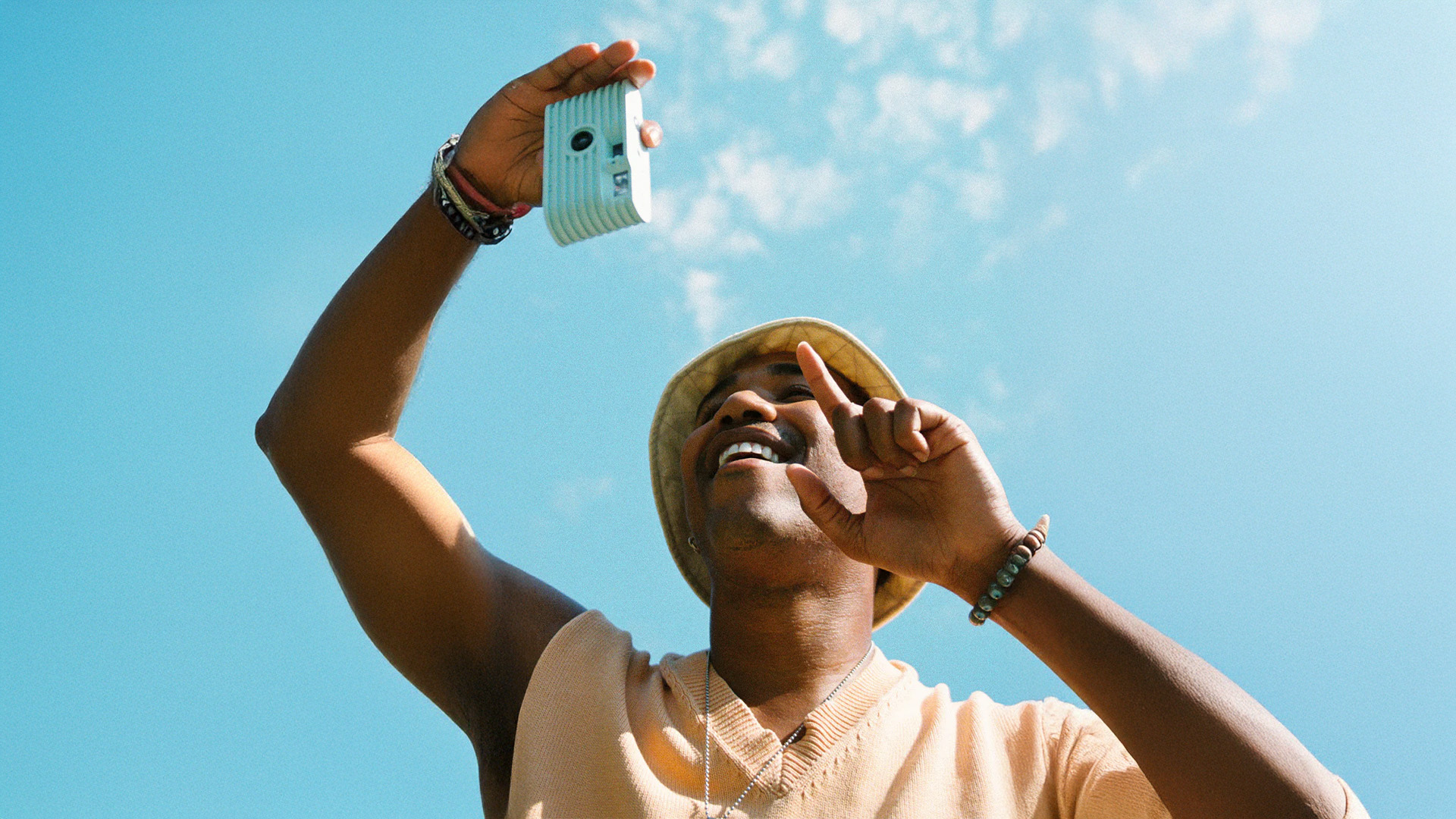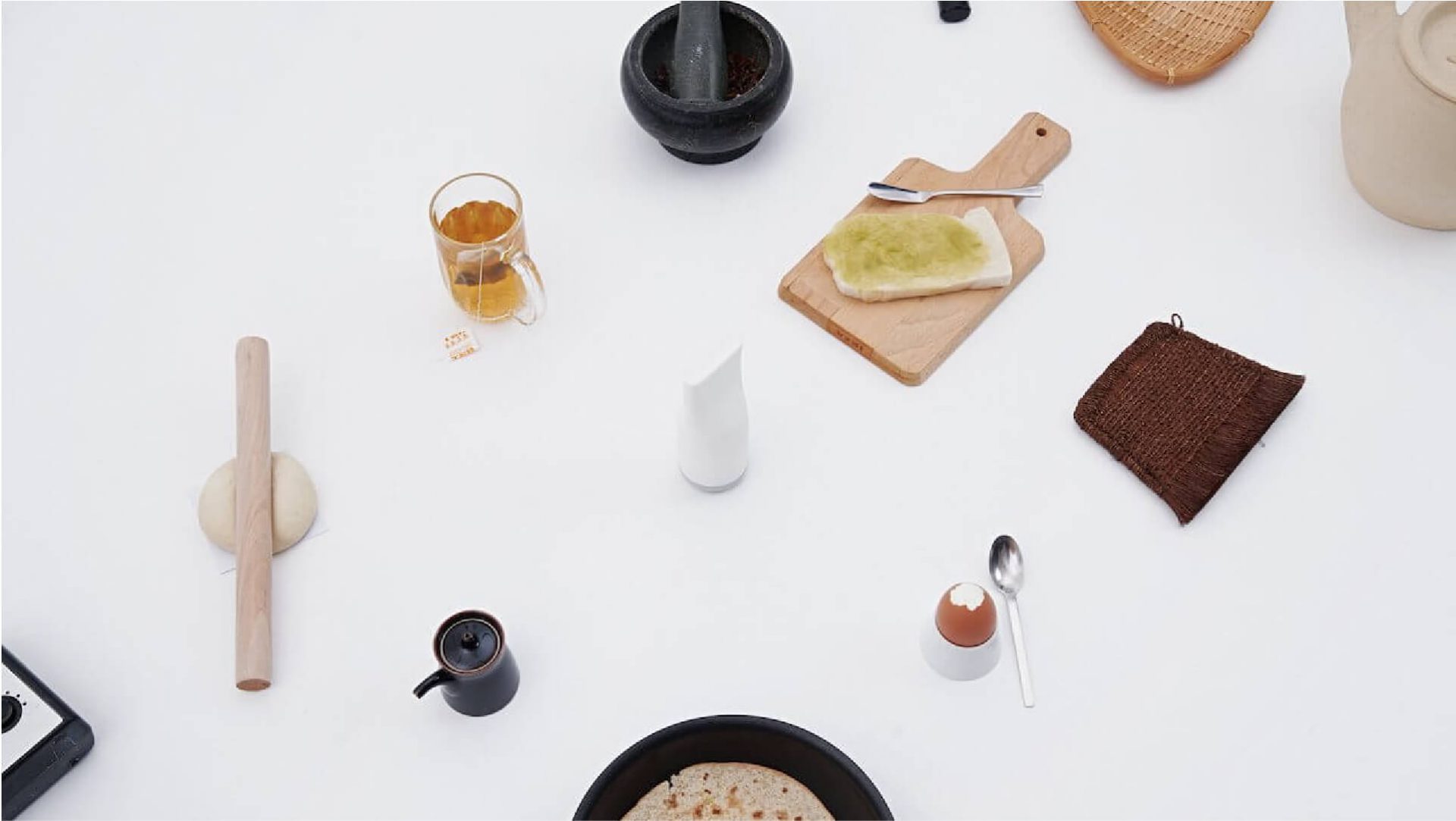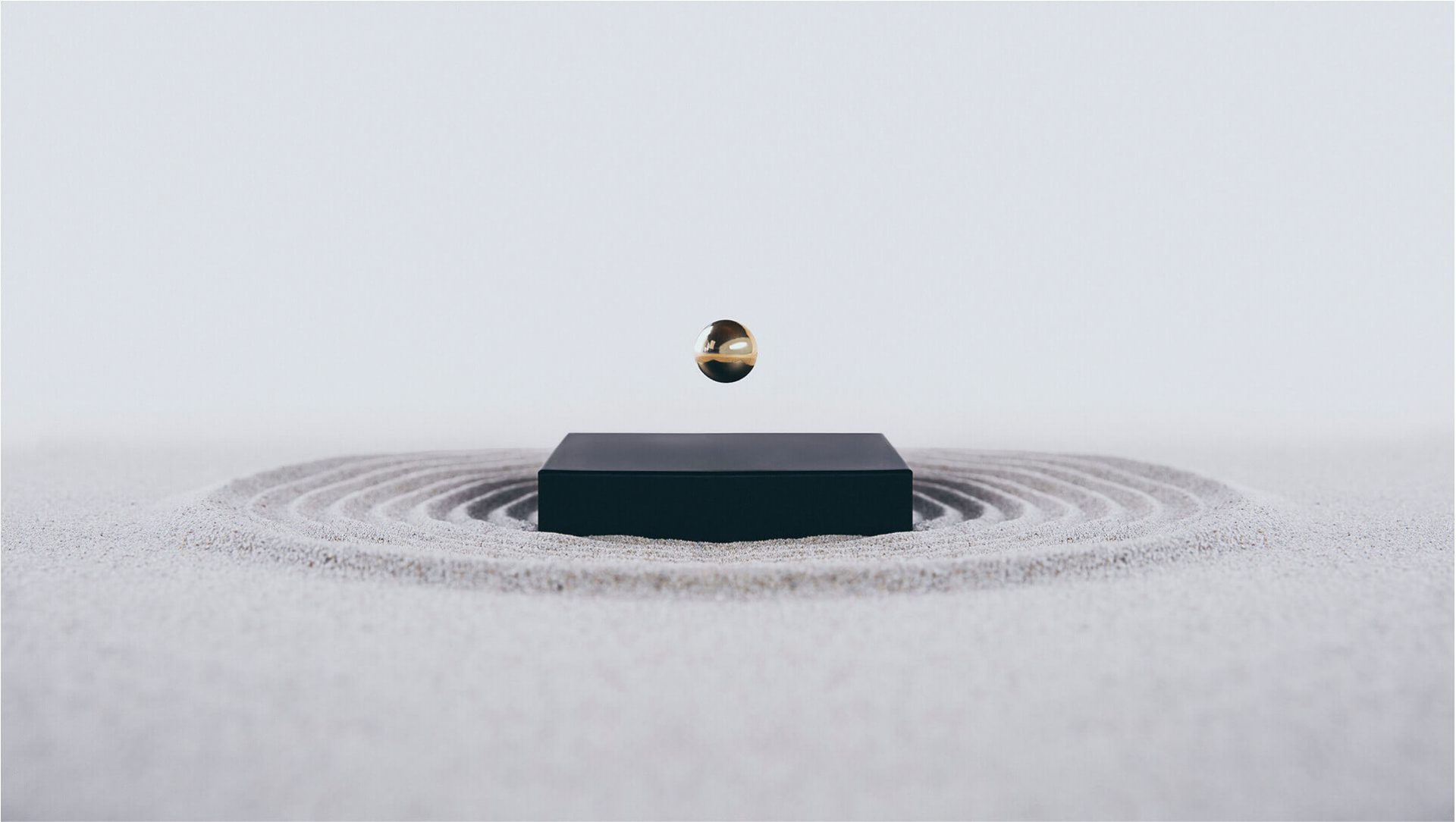A dense program focusing on ‘Green Transition’: Eberhard Schrempf
Bundling up and condensing the energy of the local creative industries – Design Month Graz 2022 provides a space for innovative projects.
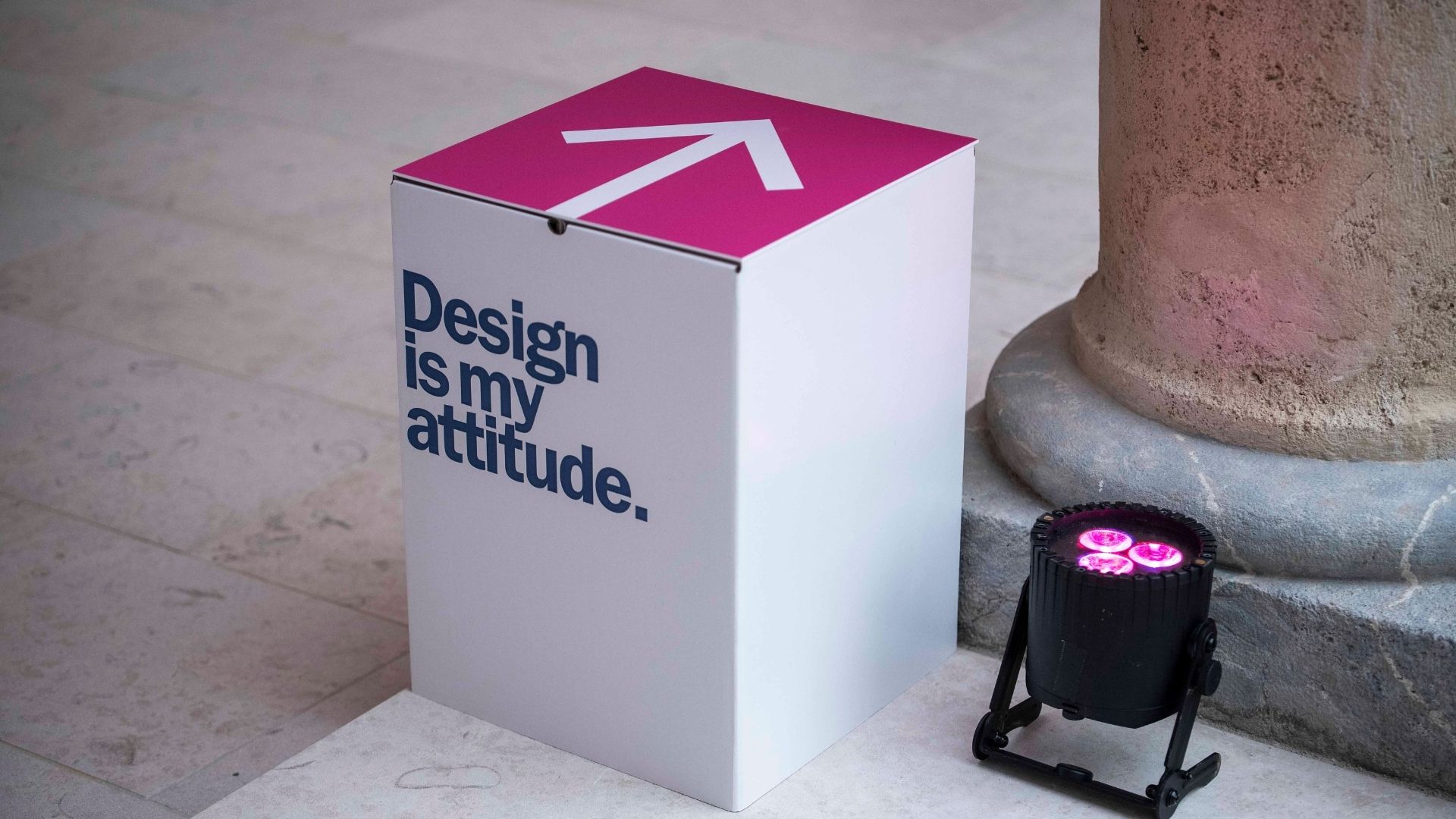
Featuring around 100 eclectic items on the program along with deep insights into a broad range of design disciplines – we decided to go behind the scenes and know more with Eberhard Schrempf, Managing Director of Creative Industries Styria.
Highlighting a wide range of design disciplines with a multi-faceted event program as well as setting the stage for exhibitions, meetings, presentations and a multitude of individual initiatives – the UNESCO City of Design Graz hosts Design Month Graz 2022.
Organized and coordinated by the Creative Industries Styria network – it brilliantly offers a platform for socializing, making oneself visible while also emphasizing the importance of design for everyday life and the economic relevance of creative processes as a key to mastering future challenges. This time the primary focus of the program is on ‘Green Transition’ – a Europe-wide transformation process in which the creative sector plays a key role.
It sheds light on as well as offers a platform for contributions and solutions from the creative sector while addressing the revolutionary processes that will lead towards a sustainable future. With the sector’s claim to innovation, it is able to support and fill the European growth and development strategy ‘Green Deal’ with specific content.
Gallery
Open full width
Open full width
With this year’s theme of Design Month Graz being ‘Green Transition’ – in your point of view which industries should modify their production processes and make them greener? And which ones are represented at Design Month Graz 2022?
Eberhard Schrempf:
“The problem today is not climate change, but people – we have to understand that. We must therefore achieve Green Transformation first by changing our way of thinking. Only then can we adapt and accept new – products and services, business models as well as production processes that absolutely must be applied to all industries.
We are currently in an interesting process that affects all sectors. The pandemic and the war in Europe are both delaying and accelerating green transformation. In order to achieve the European climate targets – we must rethink and change our behavior significantly. This requires a joint effort by many industries.
The creative industries play such an important role in this transformation since they are involved in every stage of the value chain – from design to production, distribution and communication. But this also means a great responsibility for the creative industries. As part of Design Month Graz 2022 – there are many interesting projects and formats that deal with sustainability and a greener future.
The exhibition ‘Design Everyday’ for instance – shows that design is much more than mere creation. It influences our relationship with our environment and thus our culture of life. Products such as furniture, tableware or sports equipment accompany us every day. If the design process here is well thought out at every step and geared towards sustainable production, it has a major impact on the development towards sustainability and smaller ecological footprint.”

To be sustainable – a truly circular approach is needed along with coordination on different supply chains that designers can’t manage alone. What is the effort that designers are called to make to accelerate this process and what concrete contribution can they provide?
Eberhard Schrempf:
“Designers are increasingly becoming advocates of sustainability. By this, I mean that young designers in particular are no longer accepting all commissions from companies and are carefully selecting which – system, ethical values or attitude a client represents.
If these values are not compatible, designers demand these values. If the client does not agree to this attitude or to a solution in terms of sustainability beyond “greenwashing”, the designer distances himself. At the moment, a lot is happening in this direction. And there are more and more initiatives and support for designers. The ‘Circular Design Rules’ of the Institute for Design Research Vienna are a good example of this.
Designers today are faced with the complex task of making their design process transparent and traceable, while at the same time reconciling it with the requirements of an emerging circular economy. In the context of Design Month Graz – we see ourselves as a multiplier, or rather, we see it as our responsibility to disseminate and give volume to the “Circular Design Rules” developed by Harald Gründl and Ronja Ullrich.

These rules are an intelligent tool for Circular Design, which helps consider all dimensions of product design and to enter into a dialogue at eye level with manufacturers and producers. The assessment tool helps describe the status of a product’s circularity, set milestones and use the combination of design patterns as a starting point for innovation. Tools like this are needed and help drive this process forward.”
For some time now, Design Month Graz has been promoting green projects and for this reason – Austria and in particular the Styria region has positioned itself in Europe with a strong meaning. In relation to this, what role does an event like yours play in the long run and what mechanisms does it set in motion or accelerate?
Eberhard Schrempf:
“The federal state of Styria creates essential framework conditions with its economic strategy, in which the importance of creativity and the value of design for the location are anchored. The same applies to the city of Graz, which is aware of the importance of the creative industries for urban development as a City of Design in the UNESCO network of Creative Cities.
The festival format Design Month Graz offers the design sector a platform for an entire month to make their achievements more visible. In doing so, we naturally also try to push exchange and international networking and direct the focus to the current topics of the day.
As I said, the creative industries play a special role in the transformation process. During Design Month Graz, the transformation and upheaval processes are made visible with the aim of securing a sustainable future. In this context, the role of design is also changing – the collective is taking precedence over the individual, ‘Society Centered Design’ is increasingly replacing ‘Human Centered Design’.
Design is not just something for elites. Our concept of design is oriented towards creating a better life for all people. Design affects all of our lives every day. Unfortunately, the concept of design in most of Europe is still far too strongly attached to engineering, for instance – it has a rather technical connotation. Design is still understood as an artistic and aesthetic refinement discipline.

To counteract this, we have launched a new format to make design more tangible for everyone – the Design-Clinic. This is a free and low-threshold offer of the design community. Interested parties, private or professional can come to the consultation hour with their design problems by appointment.
Whether the balcony is to be redesigned, the company needs a new website or business cards are to be redesigned – aesthetic and functional problem areas of all kinds are diagnosed and initially treated free of charge on-site.
Design Month Graz gives us the platform and the opportunity to test and try out such services and projects in front of and with a much wider audience – if they are successful, they will be transformed from experimental status into a permanent offering.”

In practical terms, innovation and change occur when multiple players from different backgrounds meet and experiment with new solutions. Design Month Graz is a platform where these actors meet, get to know each other and brainstorm. Are there any innovation stories that were born thanks to your work as connectors?
Eberhard Schrempf:
“There are many projects that have been created through our Design Transfer program. The exhibition ‘ZweckZwei – Shift Circular Design’ provides a current example as a result of an ongoing project.
It shows the transformation process from residual materials to raw materials and the resulting prototypes for new marketable products. Industrial production of consumer goods constantly generates residual materials. Many companies have neither the ideas, the time nor the resources to process these recyclable materials in a meaningful way.
As a result, large quantities of resources are wasted every day. To counteract this and turn residual materials into raw materials, the company ZweckZwei was founded. ZweckZwei rethinks the circular economy and transforms recurring residual materials from industry and commerce into marketable products manufactured by social economy enterprises in the region.
In spring 2022, ZweckZwei and Creative Industries Styria organized the ZZ Design Camp. The goal was to develop prototypes for sustainable and high-quality new products. Eleven designers – including curators Io Tondolo and Itshe Petz – worked together for a weekend to develop products. The resulting prototypes are on display in the exhibition. The next step is to start serial production of promising products and plan their market entry.”

Green Transition means a technical change on a production level, but also a great cultural shift in terms of habits and consumption. What is the role of creatives in this ‘mental transition’ and how can they accelerate the adoption of new behavioral models?
Eberhard Schrempf:
“We need a cultural change of consciousness in many respects. Take the mobility of the future, for example. Only if we can throw old dogmas overboard, such as owning cars as a status symbol, will the new mobility become realistic. People should be motivated to make small changes in their everyday lives.
For example, buying regional products where we know the origin. Every purchase decision makes a difference – we have developed the ‘Erlebniswelt Wirtschaft’ project and the ‘Styrian Products’ initiative for this purpose. As I said, it’s about a cultural change in awareness and these projects focus on respect and appreciation of local production and its value chains.
Through many projects and formats, for example, through cooperation with the Styrian clusters, such as the Human-Technology Cluster, Wood Cluster, Green Tech Cluster or Mobility Cluster – we are trying to design specifically tailored programs so that they can develop faster and better through the offerings of the creative industries. With our cross-cluster program we are the shoehorn – the ‘enabler’ and ‘supporter’ across the economic sectors and thus try to offer creativity and design as essential fuel for innovation.”

At a European level – do you think there is something missing to increase the dialogue between companies and designers in a more productive and functional way to the change we are undergoing? If so, what and why?
Eberhard Schrempf:
“In my opinion, the dialogue must not be limited to companies and designers. We need to go a step further and talk about a three-step system that includes the – designer, maker and user. In which – users play an essential role. The ultimate goal is to create a more holistic view of the social and societal effects of all design development processes that are intended to shape, accelerate and bring about change.
Only a joint effort and collaboration of all disciplines can create a more beautiful, better and sustainable future in the sense of the New European Bauhaus. However, we have a luxury problem in Europe, due to our cultural and intellectual diversity, which is wonderful, unique and great – 27 nations are competing in many fields. In many cases, we develop and produce the same thing 27 times in a very small space, without essential networking or without using diversity as an advantage for synergies.
Of course, competition is an essential driver for innovation and growth. But we will only be able to solve the major problems of our living space if we shift the balance between academic and scientific talking, more quickly in favor of more networking and entrepreneurship.

Presenting a mélange of ideas and expertise from extraordinary creative industries and providing a refreshing way of engaging with the resources that the Earth provides for us – Design Month Graz 2022 is being held from May 7th to June 12th.”










